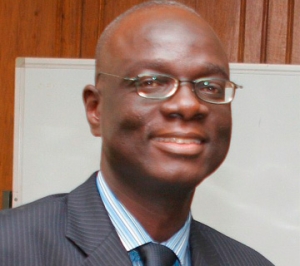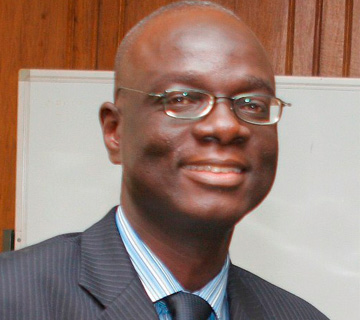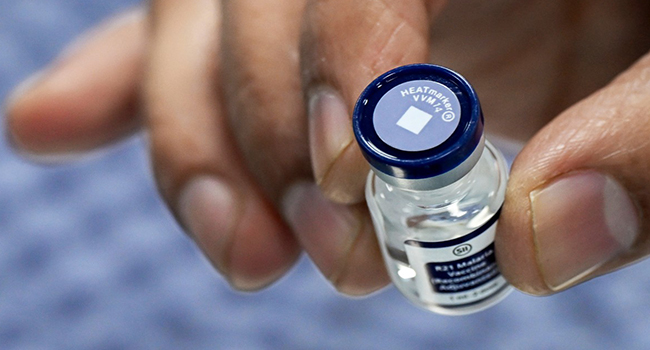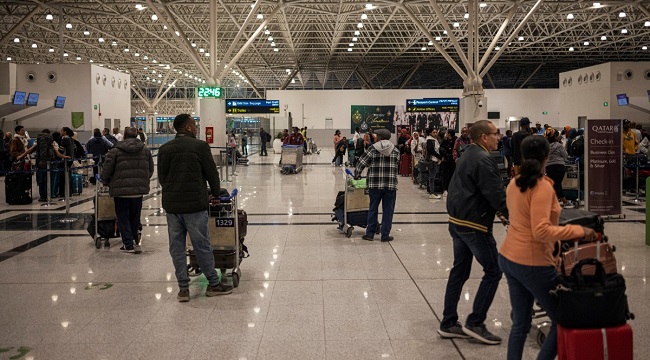
Justice Modupe Onyeabo had on Friday, October 17, 2014, dismissed and ruled against the Muslim Students’ Society of Nigeria (MSSN) suit against the Lagos State Government, saying such practice would affect the secular nature of state.
Ipaye said that the Lagos State Government is in the forefront of human rights promotion in Nigeria and would not deny its citizens their religious rights.
The Lagos AG, however, observed that no right was absolute and, sometimes, public interest would justify some limitations, adding that uniforms are adopted for school children at the formative stages to encourage a sense of unity, discipline, organization and orderliness.
“We do not want school children at this age to relate on the basis of obvious religious or social classification, hence the adoption of the uniform”, he briefed.
In a statement signed by the Pro Justice, Bola Akingbade, Ipaye noted that once deviations are allowed, conscious or unconscious group affiliations would crop up and this would promote prejudices, limit interactions and weaken the sense of unity among students of the same school.
“With uniforms, students, teachers and other staff are less likely to focus on dressing or appearance as a means of determining status, religion or other socio-cultural affiliations. Every student is equal and students are not able to tease or bully each other about the style, color or quality of their clothing or their religious, social or cultural background”, he noted.
He said uniformity would also encourage focus on school work and reduce social anxiety or animosity among students while enhancing confidence and sense of belonging all around.
Ipaye, said that the State Government’s decision to refuse variations to the uniforms prescribed for use in her primary and secondary schools was not an easy one, noting that the position was reached after extensive deliberations and consultations.
In his words, “We need first to define the limits of this policy, as it is not as extensive as some portray it to be. It is only applicable in Government owned Primary and Secondary Schools where encouragement of free interaction among children from all social and religious backgrounds are a matter of State Policy. Above the secondary school level, adult students can wear whatever they like, subject only to the dictates of their particular vocation or profession.”
Even in the primary and secondary schools, Ipaye said, interested female Muslim students will be allowed to wear their hijab during Islamic Religious Knowledge classes and for afternoon or Jumat prayers.
He posited that once deviations or variations are allowed for one group, Government would have no basis for refusing it to any other social or religious group, and that will be the end of the uniform in our public primary and secondary schools.
“Once any deviation is allowed for any reason, religious, cultural or personal, there will of course be no reason for disallowing another which may be requested on similar bases,” Ipaye explained.
In her ruling, Justice Onyeabor said that Section 10 of the Constitution made Nigeria a secular state and that government must maintain neutrality at all times and that the government therefore had a duty to preserve the secular nature of the institutions concerned.
She noted that since the public schools were being funded by the government, it was therefore competent to issue dress codes and other guidelines to the students.




